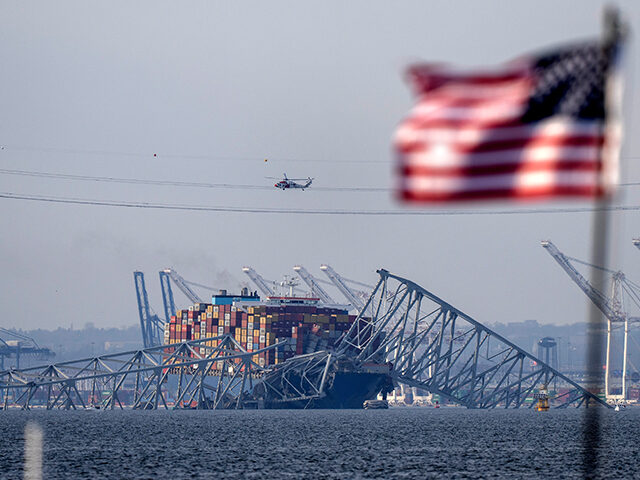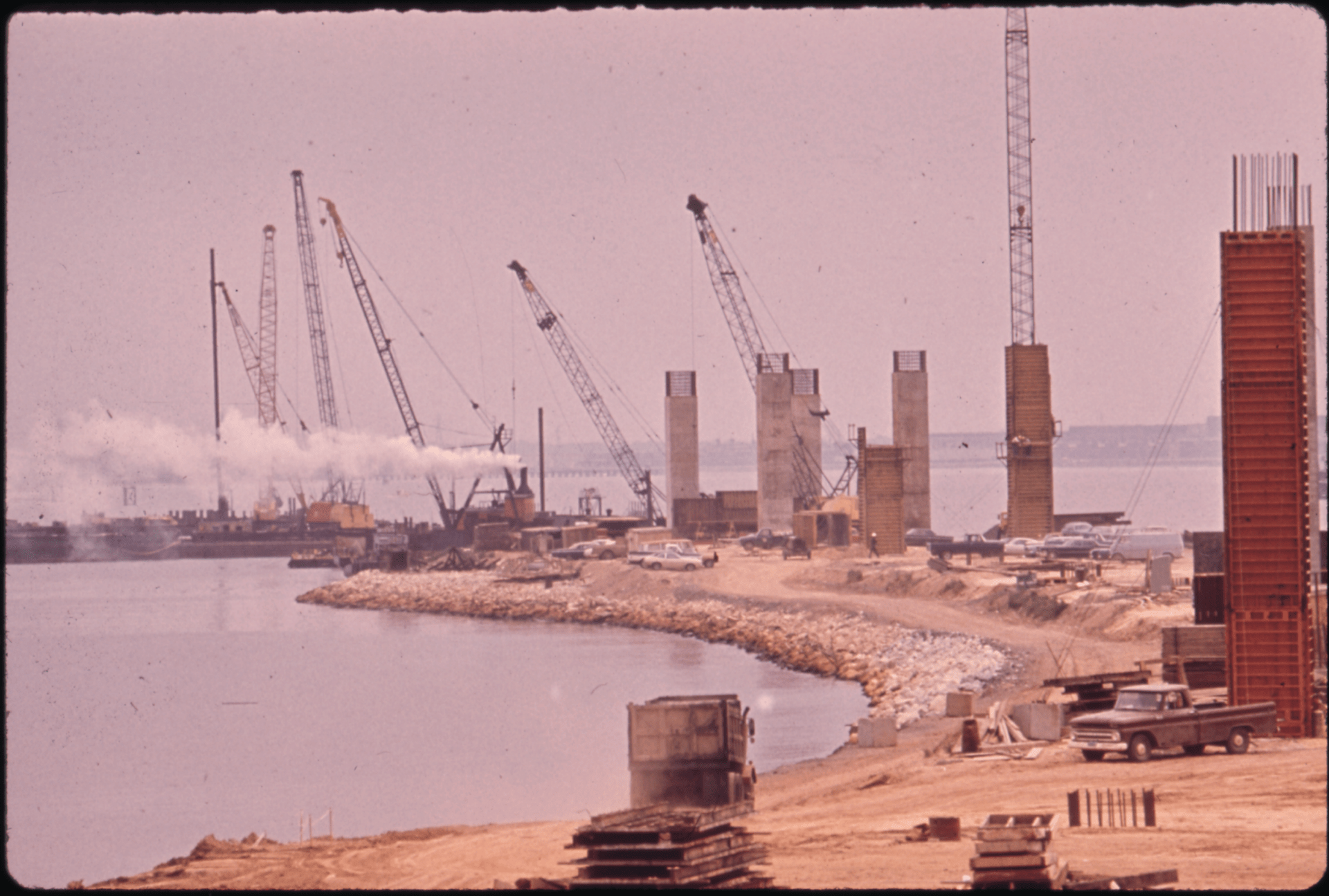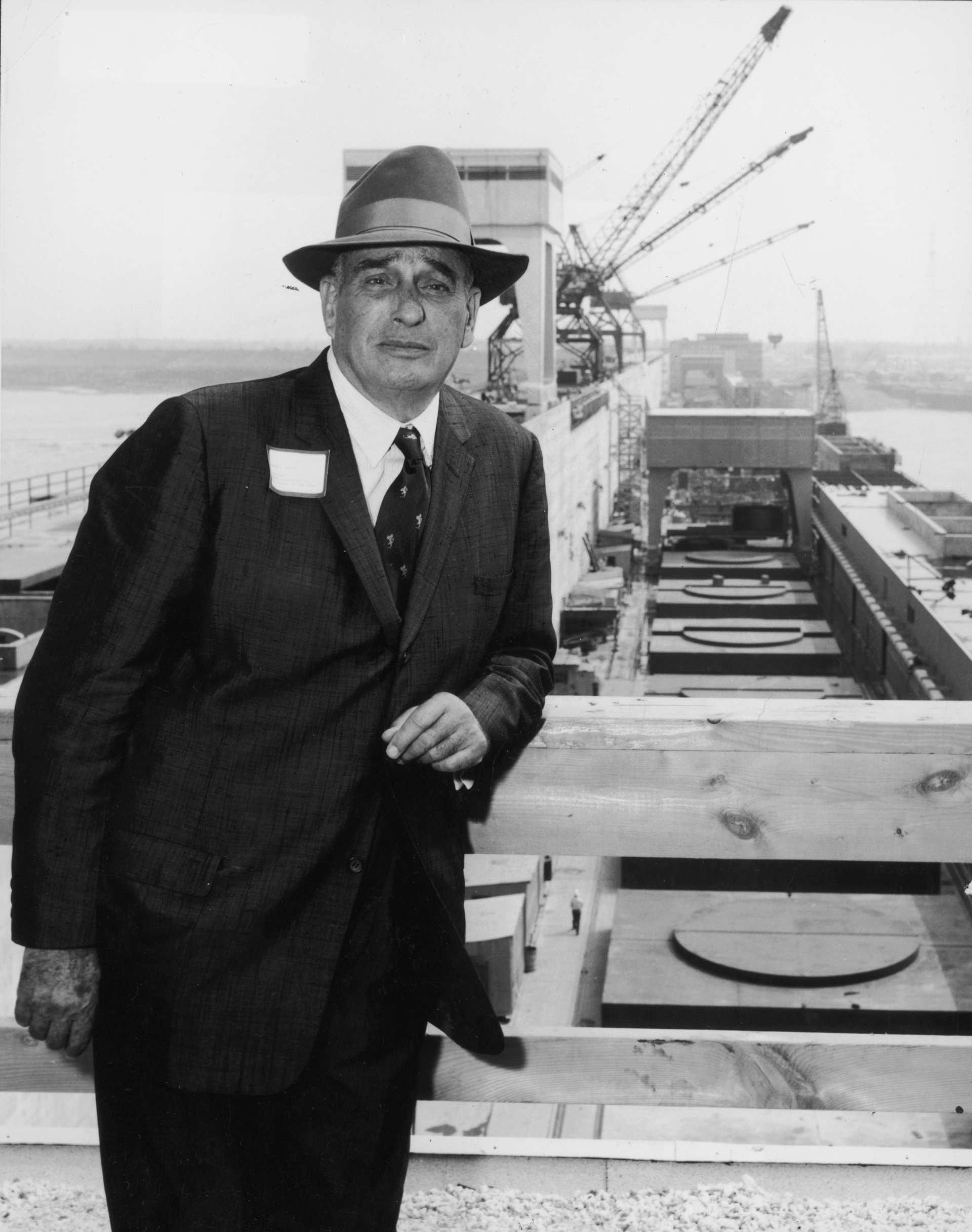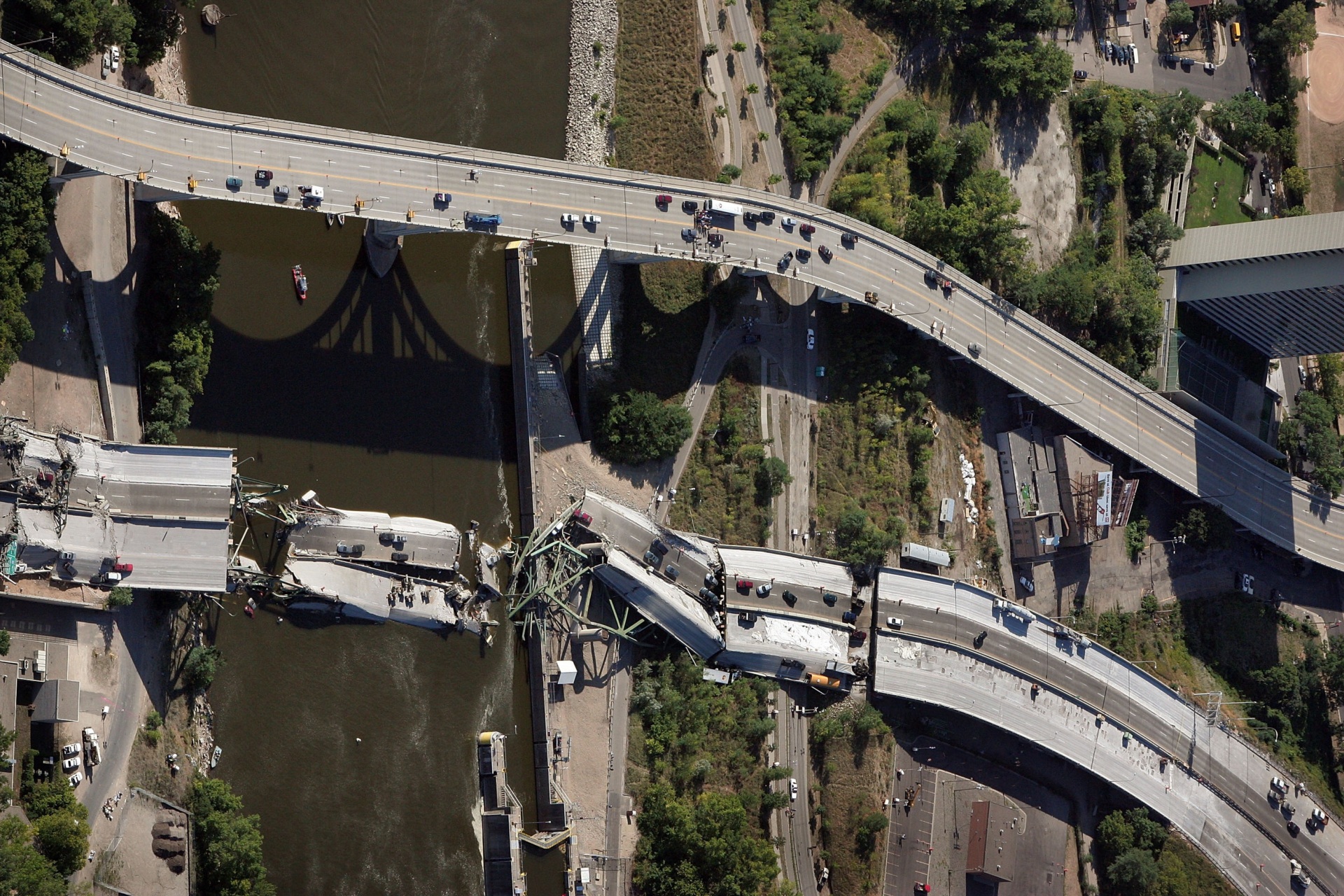Breitbart Business Digest: Will Moving Heaven and Earth Be Enough to Rebuild the Baltimore Bridge?
 AP Photo/Mark Schiefelbein
AP Photo/Mark Schiefelbein
Heaven and Earth Might Not Be Enough
The grand pledge of President Joe Biden “move heaven and earth” to rebuild the Francis Scott Key Bridge smacks of a promise only Herculean in its aspiration. Yet, the Herculean may well fall short in the monumental task of resuscitating this crucial artery across Baltimore's bustling port.
The Francis Scott Key Bridge took five years to build after several years of planning. It was originally conceived of as a tunnel running under the harbor. Bonds to finance the construction were sold in 1968. The final regulatory approvals were granted in 1972, and construction began soon after. The bridge opened five years later, in March of 1977.

The construction of the Francis Scott Key Bridge across Baltimore harbor, circa May 1973. (Photo: Jim Pickerell/Environmental Protection Agency via the U.S. National Archives and Records Administration)
The Outer Harbor Tunnel, as it was originally called, was originally budgeted at $32 million. The New York Times reported back in 1977 that it wound up costing $141 million to build, roughly $735 million in today's dollars.
This odyssey occurred in the twilight of the Robert Moses era, a period characterized by the unbridled authority of urban development czars to reshape the American landscape. Their legacies, for better or worse, stand as testaments to an epoch when the grand vision of modernity could be etched into the earth with concrete and steel.

New York City parks commissioner Robert Moses (1888 – 1981) stands and leans on a wooden railing in front of a waterfront project site in New York City, circa 1958. (Hulton Archive/Getty Images)
Contrast this with our contemporary quagmire, where ambitions for infrastructure metamorphosis are beleaguered by a labyrinthine regulatory milieu. Today, the specter of racism, environmental degradation, and a litany of social injustices haunt these ventures, ensnaring them in a web of scrutiny that spans endangered species, carbon emissions, and a litany of inclusivity metrics. The bureaucratic colossus that now oversees such endeavors has rendered even Herculean ambition inadequate.
How Long Will It Take to Bridge the Baltimore Harbor?
At the very least, it is likely that the construction of a new harbor spanning roadway to replace the original Francis Scott Key Bridge will cost more and take more time than it did fifty years ago.
“The original bridge took five years. A similar reconstruction in 1980 in Tampa took 7 years,” Benjamin Schafer, the Willard and Lillian Hackerman Professor of Civil and Systems Engineering at Johns Hopkins University, told Breitbart Business Digest. “My conclusion minimum 5-7 years. Longer would not surprise me.”
Some experts are more optimistic. Hota GangaRao, Wadsworth Professor and Director of Constructed Facilities Center at West Virginia University, said that it could take as little as two years if the government works on the project on a “war footing” scale.
There are some examples of speedy recoveries from bridge collapses. In 2007, a bridge over the Mississippi River near Minneapolis failed under the pressure of rush hour traffic due to structural issues. It took a little over a year to rebuild.
But the I-35 West Mississippi Bridge was just 1,907 feet long, about one-third of the length of the Key bridge. The Mississippi River ranges between four and 14 feet deep at the crossing. The Baltimore Harbor waters are much deeper, at least 50 feet deep in the main shipping channel.

Vehicles rest on a collapsed section of the I35W bridge on August 2, 2007, in Minneapolis, Minnesota. The eight lane steel and concrete bridge broke apart the day before, sending at least 50 vehicles into the Mississippi River. (Scott Olson/Getty Images)
A better example might be the Corpus Christi Harbor Bridge replacement. Aimed at replacing the existing Harbor Bridge with a new cable-stayed bridge that will have a higher clearance to accommodate larger ships, construction of the 1,661 foot Corpus Christi Bridge began in 2016. It is not expected to be complete until the spring of next year, nine years after construction began. It is expected to cost around $1.2 billion.
The Gerald Desmond Bridge replacement, known among our Californian friends as the Long Beach International Gateway Bridge, took about seven years to construct and cost $1.47 billion.
The Looming Presidential Election
The specter of the next presidential election looms large over this project, entwining its fate with the capricious winds of political fortune. Should the pendulum swing back towards Trump, one shudders to imagine the political theater that would ensue, with adversaries potentially barricading the project behind a wall of litigation and protest, all to thwart a narrative of infrastructural triumph.
Conversely, a Biden encore might not fare much better, with the twin specters of environmental and social justice zealotry poised to entangle the project in a Gordian knot of litigation and regulatory purgatory.
The reconstruction of the Key Bridge will require more than the mere manipulation of the physical. It beckons a navigation through the morass of contemporary socio-political pathologies. For in our times, the task of bridge-building is as much about bridging the chasms of a divided society as it is about spanning the waters of Baltimore Harbor.
Source link

